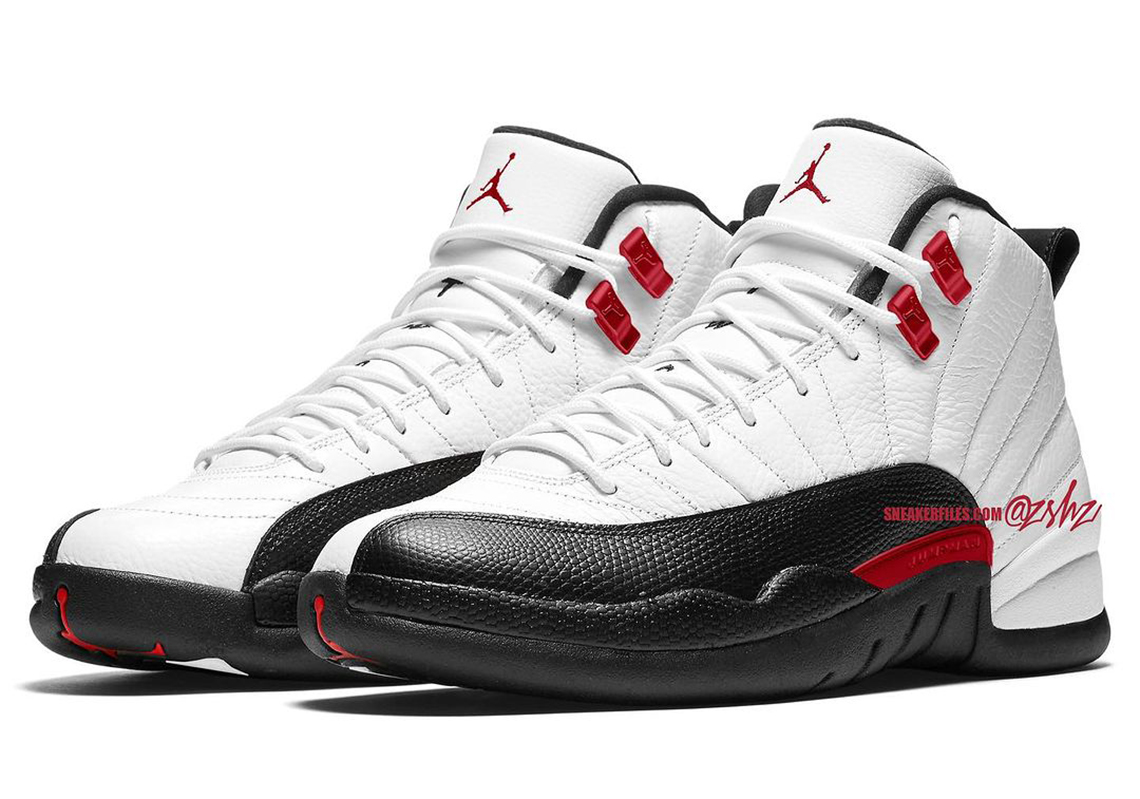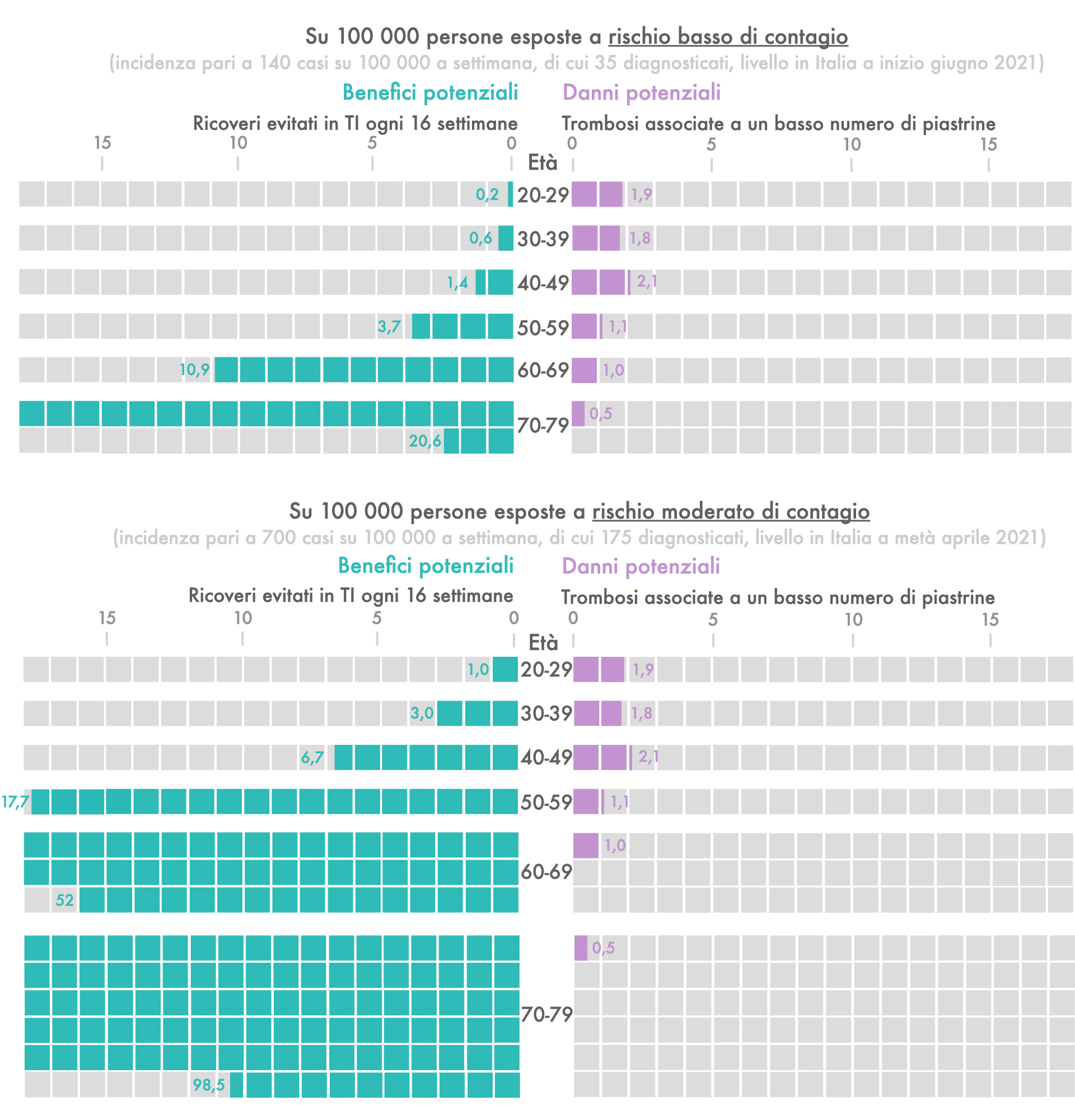Live Nation's Venue Monopoly: The DOJ's Case For Antitrust Violations

Table of Contents
Live Nation's Market Dominance and Vertical Integration
Live Nation's immense power stems from its near-total control over both ticketing (through Ticketmaster) and venue operation. This vertical integration creates a significant barrier to entry for competitors and allows Live Nation to leverage its market dominance in one area to influence the other.
Ticketmaster's Role: A Ticketing and Venue Empire
The acquisition of Ticketmaster by Live Nation created a behemoth controlling a vast majority of ticket sales and a substantial number of concert venues across the United States. This consolidation resulted in:
- Dominant Market Share: Live Nation boasts an estimated 70%+ market share in ticketing and a significant share of major venue ownership.
- Impact on Competition: This vertical integration severely limits competition, giving Live Nation unparalleled control over pricing and artist contracts.
- Market Power Examples: Live Nation's ability to dictate favorable terms to artists, often including exclusive deals that prevent them from playing at competing venues, highlights its considerable market power.
Limited Competition: A Stifling Effect on the Industry
The lack of viable alternatives for artists and concertgoers directly results from Live Nation's dominance:
- Challenges for Smaller Promoters: Independent promoters struggle to compete against Live Nation's vast resources and market reach, often facing insurmountable obstacles in securing venues and artists.
- Impact on Ticket Prices and Artist Fees: Reduced competition can lead to inflated ticket prices and less favorable contracts for artists, diminishing their earning potential.
- Venue Choice Limitations: Artists often feel pressured to work exclusively with Live Nation venues, limiting their choices and potentially affecting their creative freedom and audience reach.
The Department of Justice's Antitrust Case
The DOJ's antitrust case against Live Nation centers on allegations of anti-competitive behavior, challenging Live Nation's market dominance and its impact on the live music industry.
Key Arguments: Violations of the Sherman Act
The DOJ's primary arguments stem from alleged violations of the Sherman Act, which prohibits monopolies and anti-competitive practices. Specific accusations include:
- Exclusive Dealing: Accusations that Live Nation uses its market power to force venues and artists into exclusive contracts, shutting out competitors.
- Price-Fixing: Allegations of manipulating ticket prices to maintain artificially high levels.
- Predatory Pricing: The possibility of Live Nation undercutting smaller competitors to drive them out of business before raising prices.
- Ongoing Legal Battles: The case has seen various legal maneuvers, settlements, and ongoing litigation, reflecting the complexity of the antitrust issues.
Evidence Presented: A Case Built on Data and Testimony
The DOJ has presented substantial evidence to support its claims, including:
- Expert Testimony: Economists and industry experts have provided testimony detailing the anti-competitive effects of Live Nation's market dominance.
- Statistical Analysis: Data analysis reveals the extent of Live Nation's market share and its impact on pricing and competition.
- Documented Instances: The DOJ has cited specific instances of alleged anti-competitive behavior, such as exclusive contracts and unfavorable terms imposed on artists and venues. (Links to relevant legal documents would be included here if publicly available).
Impact on Artists and Consumers
Live Nation's dominance profoundly affects both artists and consumers within the live music landscape.
Artist Perspectives: A Struggle for Fair Treatment
Live Nation's control over venues and ticketing has significantly impacted artists' bargaining power:
- Exploitation Concerns: Some artists report facing unfair contracts, with limited negotiating power due to Live Nation's dominance.
- Challenges in Securing Venues and Fair Ticket Pricing: Artists may find it difficult to secure desirable venues and negotiate fair ticket prices, impacting their revenue and career trajectory.
Consumer Experiences: Higher Prices and Limited Choices
Consumers experience the effects of Live Nation's dominance through:
- Impact on Ticket Availability and Affordability: Reduced competition can lead to higher ticket prices and limited availability, particularly for popular events.
- Consumer Complaints: Many consumer reports detail frustration with high ticket prices, hidden fees, and a lack of transparency in the ticketing process, often associated with Ticketmaster practices.
Conclusion: Live Nation's Monopoly and the Future of the Concert Industry
Live Nation's significant market share and the ongoing DOJ antitrust case raise critical questions about competition and fairness in the concert industry. The potential long-term effects of this case could reshape the landscape of live music, impacting artists, consumers, and the industry's overall structure. The outcome will determine whether Live Nation's practices constitute an antitrust violation and will have significant implications for future competition in the live music arena. Stay updated on the Live Nation monopoly case and its impact on the future of the concert industry. Your voice matters in ensuring fair competition in the live music arena. Understanding the dynamics of Live Nation's market power and the ongoing antitrust violations is crucial for protecting artists and ensuring a vibrant and competitive concert industry for all.

Featured Posts
-
 Ihyae Dhkra Alastqlal Meany Lw Ansf Alqwmu Wttleat Almstqbl
May 29, 2025
Ihyae Dhkra Alastqlal Meany Lw Ansf Alqwmu Wttleat Almstqbl
May 29, 2025 -
 Real Madrids Mbappe Pursuit The Drive For Complete Domination
May 29, 2025
Real Madrids Mbappe Pursuit The Drive For Complete Domination
May 29, 2025 -
 New Air Jordans May 2025 Release Dates And Details
May 29, 2025
New Air Jordans May 2025 Release Dates And Details
May 29, 2025 -
 Il Ruolo Della Vaccinazione Contro Il Covid 19 Nella Prevenzione Del Long Covid Ecdc
May 29, 2025
Il Ruolo Della Vaccinazione Contro Il Covid 19 Nella Prevenzione Del Long Covid Ecdc
May 29, 2025 -
 Will Tom Felton Return For The Harry Potter Tv Series
May 29, 2025
Will Tom Felton Return For The Harry Potter Tv Series
May 29, 2025
Latest Posts
-
 Peluncuran Resmi Kawasaki Z900 Dan Z900 Se Harga Spesifikasi And Fitur
May 30, 2025
Peluncuran Resmi Kawasaki Z900 Dan Z900 Se Harga Spesifikasi And Fitur
May 30, 2025 -
 Resmi Diluncurkan Kawasaki Z900 Dan Z900 Se Harga Di Bawah Rp 200 Juta
May 30, 2025
Resmi Diluncurkan Kawasaki Z900 Dan Z900 Se Harga Di Bawah Rp 200 Juta
May 30, 2025 -
 Kawasaki Z900 Dan Z900 Se Harga Resmi Di Bawah Rp 200 Juta
May 30, 2025
Kawasaki Z900 Dan Z900 Se Harga Resmi Di Bawah Rp 200 Juta
May 30, 2025 -
 Investigating The Role Of A Novel Respiratory Virus In Kawasaki Disease
May 30, 2025
Investigating The Role Of A Novel Respiratory Virus In Kawasaki Disease
May 30, 2025 -
 Kawasaki Disease And Respiratory Viruses Compelling Data Suggest A Previously Unknown Pathogen
May 30, 2025
Kawasaki Disease And Respiratory Viruses Compelling Data Suggest A Previously Unknown Pathogen
May 30, 2025
